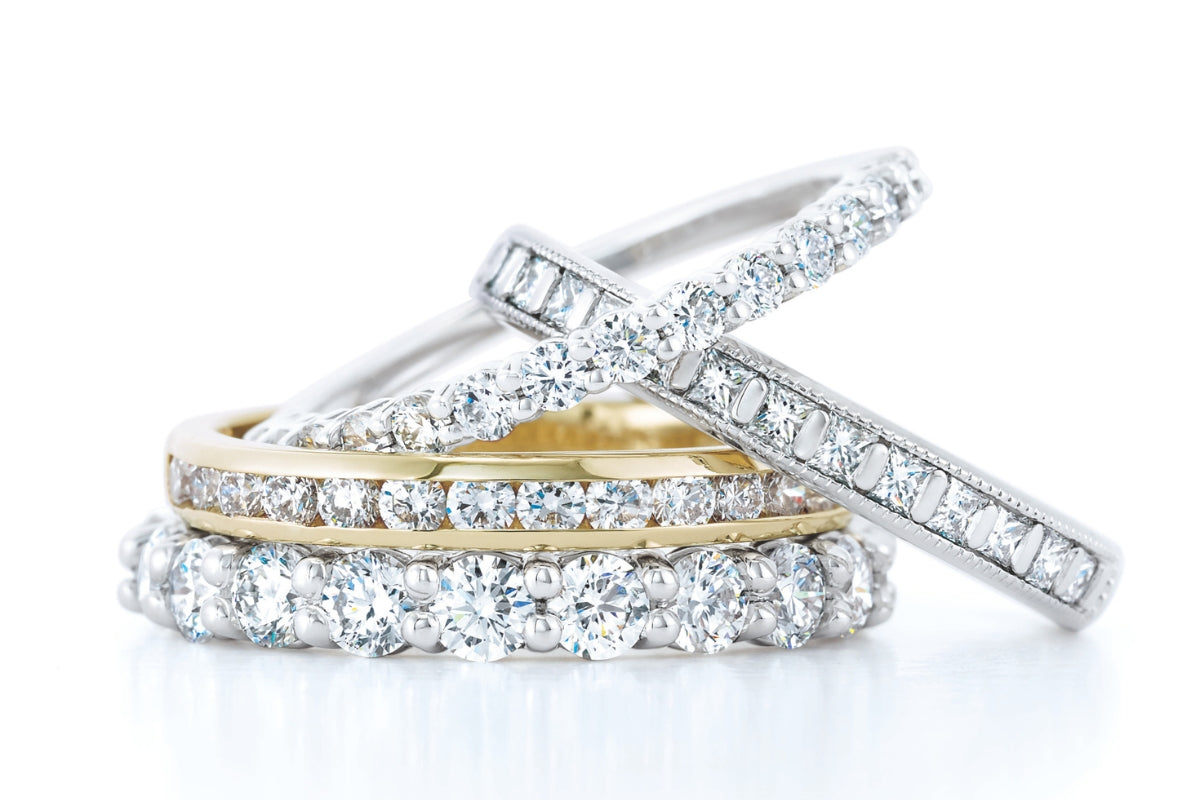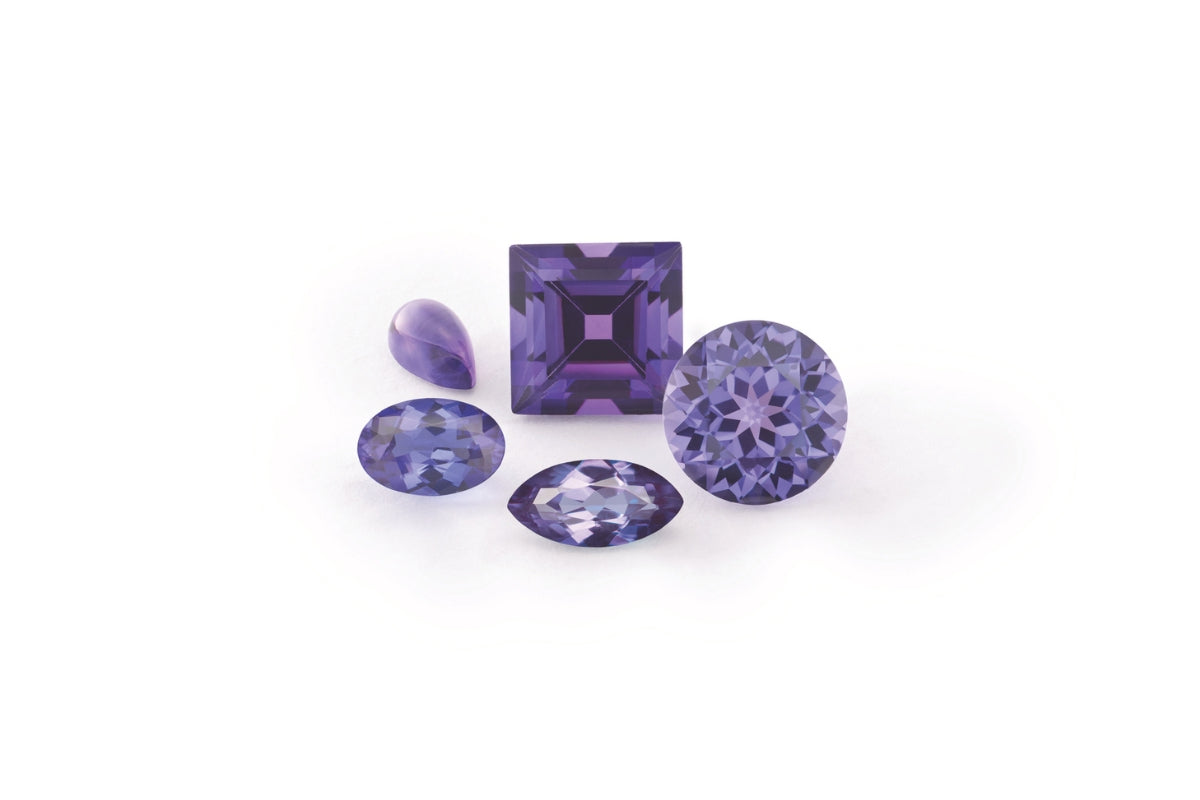Choosing a diamond is tough. Browse online and you’ll likely be presented thousands of options that vary in price, sometimes thousands of dollars for “like” quality and size. Better yet, walk into a brick-and-mortar jewelry store and it’s the opposite, arguably too narrow in scope to know whether or not one quality is worth spending money on or how it benchmarks against your individual goals and unique tastes. The nature of the jewelry business lends itself to “show the best” and “sell what we have today.” Does this remind you of other shopping experiences?
People take a lot of pride in their purchases, especially expensive, luxury, infrequent purchases like purchasing a diamond engagement ring or other fine jewelry. This is why many have “their jeweler,” someone you can trust based on years, sometimes decades of interactions and purchases from which you draw positive memories.
For many, it may be the first time you’re considering purchasing fine jewelry. Selecting the right diamond, whether or not it’s mined or lab-grown is just one component of shopping for an engagement ring. For most, going through this process, is a once-in-a-lifetime decision that’s symbolic of your love and your commitment together. At times, the process may feel overwhelming, but in reality, it should be an exciting decision making process. Working with an expert in the field of diamonds and gemstones should be on the top of your list. Therefore, when you work with a Gemologist, you’ll be able to communicate with a truly knowledgeable expert, who should be able to articulate the value added attributes of diamonds and explain what makes them so unique and worthy to represent your life's biggest moments.
As you research diamonds, you’ll come across dozens of local jewelers, thousands of online jewelers, and a world of articles and “how-to shop” perspectives like the one you’re reading here. All the articles will pertain to information in regards to diamonds 4Cs. We’ve written on the 4Cs of diamonds previously and have even dived deep into each component and their implications on the overall 4Cs of diamond.
Keep in mind, not all “Jewelers” or diamond retailers are actually trained, accredited, and experienced Gemologists. This is an important distinction to make. A true Graduate Gemologist is someone who has been put through tried and true rigorous training that is not only a multifaceted disciplinary approach, but also hands-on and academic in nature.
For many, this may be the first time you’re hearing of the word “Gemologist.” For those not familiar, here are the topics covered in a Graduate Gemologist Program:
- Diamonds & Diamond Grading:
- Judge and grade diamonds by the 4Cs and color
- Colored Stones & Colored Stone Grading:
- Learn the characteristics of colored stones, with a focus on ruby, sapphire, and emerald
- Gem Identification:
- Identify more than 60 species of gemstones, distinguish natural gems from synthetics, and detect gem treatments
- Equipment & Instrumentation:
- Learn diamond identification and grading skills diamond and gemstone graders use
- Treatments, Laboratory Grown, & Simulants:
- Identify diamonds that have been treated or are imitations
- Market & Supply Chains:
- Understand how market factors and the supply chain affect value
As you can now see, it’s important to discuss your diamond options with a knowledgeable jewelry professional. The benchmark for diamond expertise is from a Gemologist. There’s no one more well versed in diamonds and gemstones than an accredited Graduate Gemologist. When you’re chatting with a Gemologist, rest assured that he/she has been trained specifically on mined diamonds, lab-grown diamonds, colored gemstones, and simulants.
The approximate number of stones that an accredited Gemologist views, assesses, and trains with throughout their program period is into the thousands. Thus, you’ll find that most Gemologists are both willing and able to dive deep into the importance of any and all technical aspects pertaining to the 4Cs of diamonds. Let’s be honest, who better to learn from than a person who took their passion, dedication, and tremendous skill set to become a Graduate Gemologist? Not only is this education coming from hands on experience, but also from decades of educational materials from pioneers of the study of Gemology, including those who even founded the “4Cs of diamonds.”
By consulting with an experienced Gemologist, you’ll be able to better understand the nuances associated with the 4Cs and how the different combinations of 4Cs lend themselves to truly unique value propositions that fit your tastes and engagement ring shopping goals.




